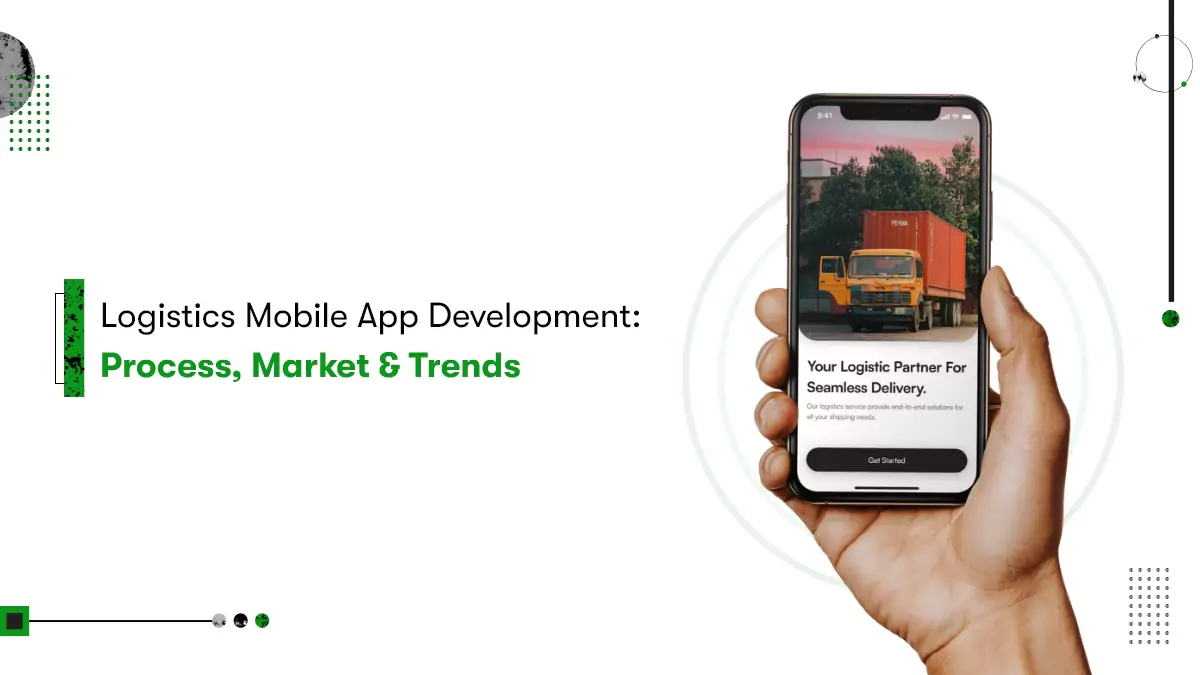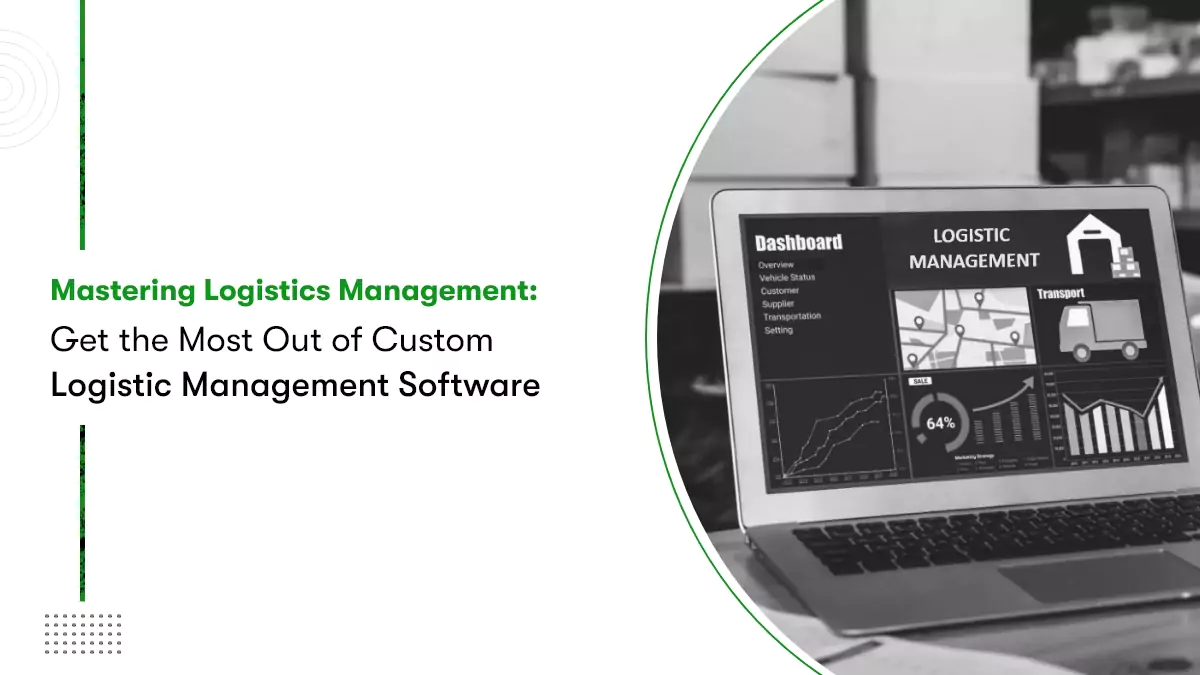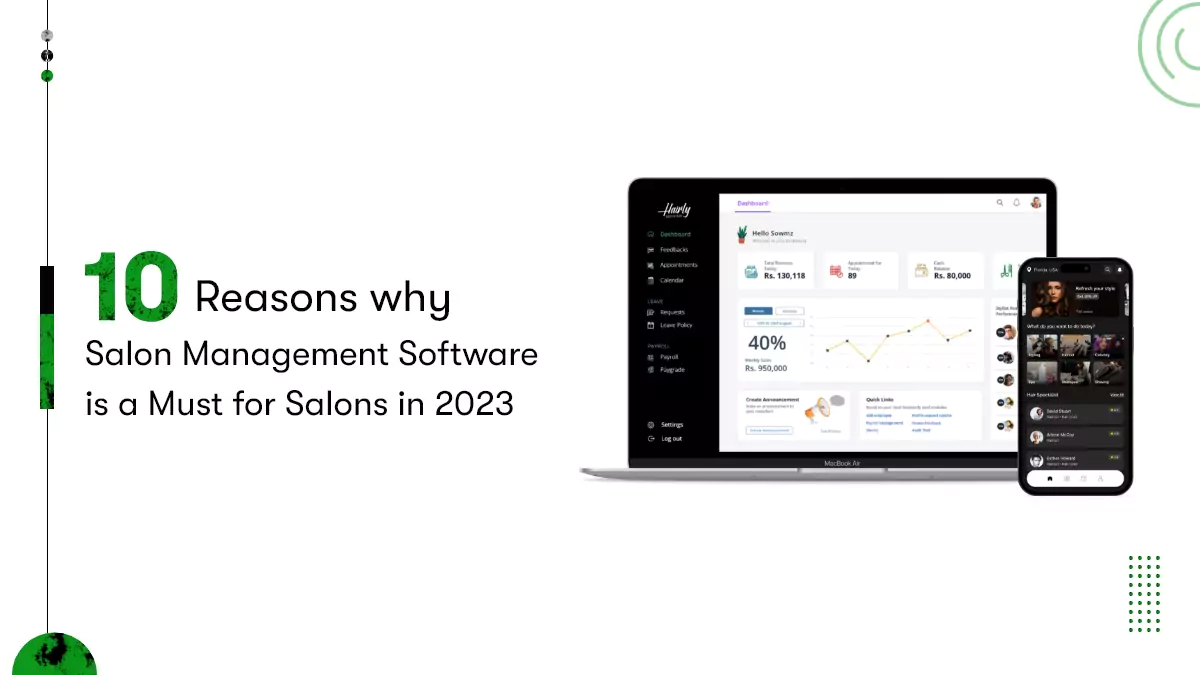You are good at managing your warehouse but are you managing it effectively?
Warehouses are hubs that stream product and information flow through the supply chain and beneficiaries. If your business requires storing items in warehouses, you certainly know warehouse management is a behind-the-scenes hero to ensure timely delivery. It’s crucial to fulfill customer orders accurately, keeping costs comparatively lower than inaccurate shipments and operational expenses.
While customer expectations and market values keep swinging the supply-demand balance, you need to optimize your warehouse operations. Managing warehouses effectively is a must, but spending on costly resources is not a good idea. You could implement the cutting-edge and cost-effective solution instead.
Enterprise Resource Planning and Warehouse Management System are two go-to software for any company of any size. ERP and WMS boost comprehensive operations, logistical planning and assist in sailing overall business operations smoothly. On top of that, these tools significantly help lay a foundation and carry out supply chain management coherently.
What does the warehouse management system/WMS software help you with?
- Inventory management
- Stock Location
- Shipping functions
- Warehouse capacity management
- Record keeping functions
What does EntERPrise resource planning help you with?
- High-level planning functions
- Sales
- Inventory procurement
- Marketing
- Human resources
- Finance
- Warehouse and fulfillment
Some General ERP statistics denote: 88% of organizations consider their ERP implementation helped them succeed, and 53% of businesses believe ERP is one of the priority sectors for investments. In contrast, during the 2020 survey by Statista, 85% of warehousing and logistics providers reported using a WMS.
The Covid pandemic has compelled supply chain managers to find the right technology and strategic solution to mitigate executions of distribution and fulfillment. Today, from eCommerce, logistics to food and beverage companies are focusing on improving automation processes. However, the question “what if your current process won’t fit in the modern system?” bothers entrepreneurs the most.
So, let’s tell you a secret. Like different skill sets can make the world go round, integrating these two tools can make your entERPrise processes dynamic. ERP solution is already an integrated all-in-one solution. Consolidating it with your WMS will make your investment return proof. This integration solves today’s operational challenges at lightning speed and reinforces tomorrow’s growth.
Let’s explore other benefits of managing warehouse operations with ERP software.
 Perks Of Optimizing Warehouse Operations With ERP Software
Perks Of Optimizing Warehouse Operations With ERP Software
-
Spot Smartly
To optimize time in your warehouse, you need an efficient Stock-keeping unit—SKU retrieval. Since most ERP software already uses IoT tags, SKUs, and IDs, it automates tracking and dispatch stock to a great extent.
-
Inventory management
An optimized ERP system for inventory management computerized functions and keeps stock purchasing, organizing, and transferring in sync. Plus, it helps understand when to purchase new inventory and how much that inventory will cost. Thereby, ERP inventory management maintains optimal levels of stock.
-
Efficient storing
While receiving inventory, it’s essential to capture relevant data. Here, the ERP system covers you with its efficient scanning feature, fetching key details like product style and quantity. Moreover, scanning incoming barcodes can print new labels in seconds with values including Vendor name, order number, and SKU. Consequently, your system quickly assigns stock to the correct corresponding storage according to its attributes.
-
Routing optimization
Sometimes, transportation and fuel costs extend the budget in the supply chain. However, if you have ERP software predictive analytical tools, you don’t have to worry about that. It identifies the fastest routes for shipments, allocating central locations for items as per their distribution networks. Bonus, adding pick-up and delivery location becomes a go-to task. All of this significantly helps in saving time and fuel costs.
-
Real-time Updates
ERP software in warehouse management can also be used to get customized notifications about the stock level and dispatch scheduling. So that, even if you forget, the system will remind you, and there will be no room for delays or under- and overstocking.
-
Ease of use
Unlike other complex business applications, ERP software comes with an intuitive and user-friendly interface. You can also customize your ERP software as per your staff and company convenience. Its centralized dashboard shows the tasks of operators, drivers, managers, and different departments. So each department can supervise and ensure sales fulfillment.
-
Better Customer service
We are living in the age where customers expect delivery in two days. Now, if you want customers to choose your products, you have to live up to their expectations. On-time and quality product delivery is a critical aspect of scoring high customer satisfaction. That’s where ERP intelligence capabilities come in handy to meet orders accurately and on time.
-
Keep up with Market agility
ERP software integrates data from various sources and offers real-time access to make informed decisions as per market trends. By combining it with warehouse management, you can plan and scale your business strategically. Thereby, it boosts supply chain functions and helps your company to prepare for market shifts.
How to get started?
It could be your first software adoption, or you might be replacing it with your traditional system or just want to add a new approach to your existing ERP or WMS. The reason can vary, and so your warehouse ERP implementation journey. While situations vary, there is a common starting point: your team.
The right way to select the best ERP and create a strategic integration plan is to get your team together. You should allow every department that has to do something with the system and have their opinion. Gathering your team, you can recognize what features and functions you need to improve your warehouse management.
Why Warehouse Companies Prefer Custom Made ERP Software Instead of Ready-to-use Softwares?
What’s Your Thought?
Integrating the WMS system with ERP is a certified best practice and a logical step for growing businesses. You will be handling your warehouse operations onto a modern, automated platform, revolutionizing receiving, handling, and delivering your products.
As mentioned earlier, you can customize your own ERP that integrates your warehouse management as well. So, for that matter, you need a specific software development company experienced in your domain. While developing such software bring options whether to build on-premise or Cloud-based or acquire a SaaS product. Well, that’s a topic for another day.
But if you are in a hurry, you can connect us for clarity.











 Contact Information
Contact Information